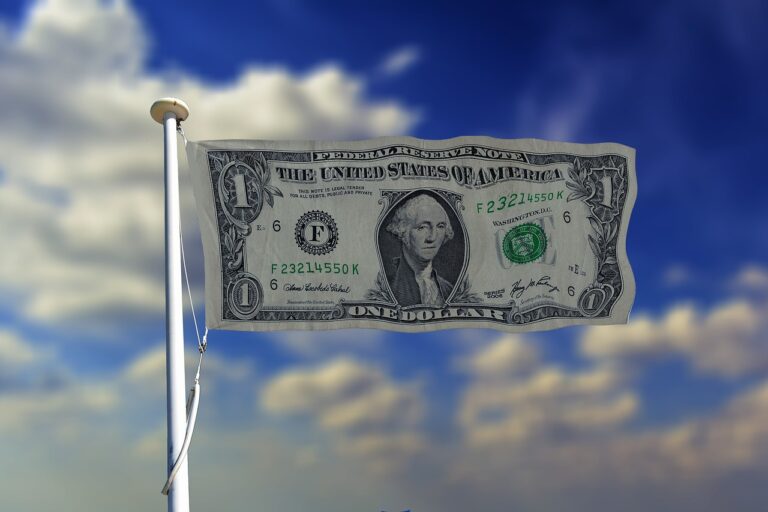The Psychology of Influence: Understanding How Persuasion Works in Marketing
Persuasion in marketing is the art of influencing individuals to make a decision or take a specific action based on various communication techniques. It involves utilizing key strategies and tactics to sway the audience’s opinions, attitudes, beliefs, or behaviors towards a particular product, service, or brand. Through persuasive messaging, marketers aim to evoke emotions, create trust, and establish credibility to drive consumer engagement and ultimately lead to conversions.
By understanding the psychological principles behind persuasion, marketers can effectively craft compelling narratives and messages that appeal to the target audience’s needs, desires, and motivations. From utilizing persuasive language and visuals to leveraging social proof and scarcity tactics, the goal is to create a compelling narrative that resonates with consumers and drives them to take the desired action. Persuasion in marketing is a powerful tool that can significantly impact consumer decision-making and drive business success when executed strategically and ethically.
The Role of Social Proof in Influencing Behavior
Social proof is a powerful tool that marketers utilize to influence consumer behavior. When individuals observe others engaging in a particular behavior or making a purchase, they are more likely to follow suit. This phenomenon is rooted in the idea that people tend to conform to the actions of others, particularly when they are uncertain about what course of action to take.
Whether it’s through customer testimonials, endorsements from influencers, or displaying the number of satisfied customers, social proof can significantly impact decision-making. By showcasing positive experiences and feedback from others, businesses can build credibility and trust with potential customers. This social validation acts as a persuasive force, nudging individuals towards making a purchase or engaging with a brand.
The Power of Reciprocity in Marketing Strategies
Reciprocity is a fundamental principle in marketing strategies that taps into the innate human desire to repay kindness. When businesses offer value or assistance to their customers without expecting an immediate return, it triggers a sense of obligation in the recipient to reciprocate the gesture. This reciprocity can manifest in various forms, such as making a purchase, engaging with the brand on social media, or referring the business to others.
By leveraging the power of reciprocity, marketers can build stronger relationships with their target audience and foster a sense of loyalty and trust. When customers feel that a brand has gone above and beyond to provide them with value, they are more likely to reciprocate by remaining loyal to the brand and becoming advocates for the business. This can result in increased customer retention, higher customer lifetime value, and a more robust brand reputation in the market.
What is reciprocity in marketing?
Reciprocity in marketing refers to the principle of giving something to customers before asking for something in return. This can help build trust and loyalty among customers.
How can reciprocity be used in marketing strategies?
Reciprocity can be used in marketing strategies by offering free samples, discounts, or other incentives to customers. This can create a sense of obligation for customers to reciprocate by making a purchase.
Why is reciprocity important in marketing?
Reciprocity is important in marketing because it can help create strong relationships with customers, increase customer loyalty, and ultimately drive sales. Customers are more likely to support businesses that have given them something of value.
How can businesses implement reciprocity in their marketing efforts?
Businesses can implement reciprocity in their marketing efforts by offering exclusive discounts, hosting giveaways, providing free trials, or sending personalized gifts to customers. By giving first, businesses can encourage customers to reciprocate by making a purchase.
What are some examples of successful marketing campaigns that have used reciprocity?
Examples of successful marketing campaigns that have used reciprocity include the Starbucks Rewards program, where customers earn points for every purchase, and Toms Shoes, which donates a pair of shoes to a child in need for every pair purchased. These campaigns have been effective in creating customer loyalty and driving sales.







